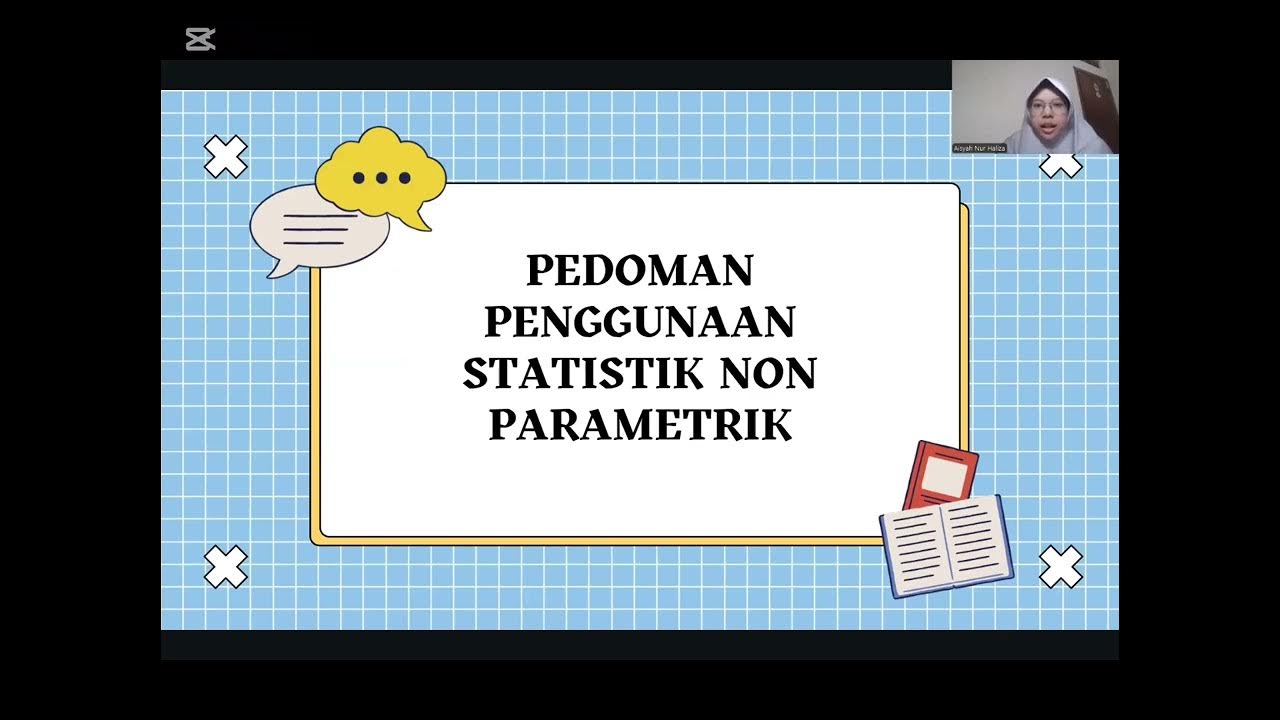NPQLT FTF Event 2 - Leaders Case Study recording
Summary
TLDRIn a discussion featuring Christine, Tessa, and Fleur, key aspects of effective teaching practices in their respective school contexts are explored. The conversation delves into the importance of adaptive teaching, high-quality classroom discussions, and feedback, emphasizing strategies for engaging students and fostering independent learning. They share methods for ensuring all pupils experience success, such as tailored lesson adaptations and real-time feedback. Additionally, the leaders discuss their approaches to implementing and sustaining educational improvements, reflecting on their leadership behaviors and ongoing development to enhance teaching quality and student outcomes.
Takeaways
- 👩🏫 The discussion highlights the importance of understanding that pupils learn at different rates and ensuring all pupils experience success.
- 📚 Adaptive teaching strategies and assessment are pivotal to good teaching practice, including stimulating pupil thinking, high-quality classroom discussions, and feedback.
- 🤔 Christine emphasizes the importance of challenging all pupils at the correct level and using metacognition strategies to foster independent learning and resilience.
- 🎓 Tessa focuses on accessibility to the curriculum, noting the importance of understanding that students progress in different ways and at different times to achieve their best.
- 🌍 Fleur aims to develop globally minded, articulate students who reflect on their own learning and stresses the need for high-quality teaching and feedback.
- 📖 Teachers use a variety of strategies to adapt lessons while maintaining high expectations, such as quick win activities, retrieval practices, and scaffolds to support student understanding.
- 💬 High-quality classroom discussions are facilitated through methods like cold calling, explicit vocabulary instruction, and encouraging rich, meaningful discussions.
- 🔍 Feedback is given through methods like live feedback, self-assessment tasks, and structured, scaffolded tasks to ensure students understand and can act on feedback.
- 🛠 Leaders emphasize the importance of implementation, monitoring, and sustaining new strategies, with a focus on teacher workload and effective use of time.
- 🧑🎓 Developing others and leading by example are key leadership behaviors, with a focus on setting high expectations, self-reflection, and honesty in feedback and evaluation.
Q & A
What are the main topics discussed in the video?
-The main topics discussed include classroom practice, adaptive teaching, assessment, pupils learning at different rates, ensuring all pupils experience success, adapting lessons, stimulating pupil thinking, high-quality classroom discussions, and high-quality feedback.
Why are these topics important in the school context according to Christine?
-Christine mentions that understanding how to challenge all pupils at the correct level and developing independent learners are pivotal to good teaching practice. They focus on metacognition strategies and live feedback to support pupil progress and resilience.
What is Tessa's approach to ensuring accessibility to the curriculum?
-Tessa explains that their comprehensive secondary school has a massive range of abilities and specific needs among students. They focus on ensuring students make progress in different ways and at different times to help them achieve their best.
How does Fleur emphasize the development of globally minded and articulate students?
-Fleur's aim is to teach students not only languages but also to become globally minded and reflective on their learning. They focus on high-quality teaching and feedback to support every student in the classroom.
How do Tessa and Fleur adapt lessons to ensure all pupils experience success?
-Tessa uses strategies like 'register wars' and 'take it further tasks' to engage students and provide immediate positive impact. Fleur starts lessons with retrieval activities and provides scaffolds like key vocabulary for challenging tasks to support student learning.
What methods are used to stimulate pupil thinking and enhance classroom discussions according to Christine?
-Christine mentions using 'walk through books' by Tom Sherrington and Oliver Caviglio Lee, cold calling, 'say it again better', and show me boards to enhance discussions. They also use explicit vocabulary teaching and U-cards for checking understanding.
What leadership behaviors does Christine focus on in her role?
-Christine focuses on implementation, defining problems, creating action plans, and ensuring sustainability of new strategies. She emphasizes monitoring and bringing everyone on board with initiatives to maintain high standards.
What is Fleur's approach to balancing feedback and teacher workload?
-Fleur uses focused assessed work on yellow paper for key tasks, allowing for quick feedback and self-assessment by students. They also use the AVOCADO acronym to give structured feedback and support student planning and evaluation.
How does Tessa utilize her role as a professional learning mentor?
-Tessa emphasizes integrity by modeling desired strategies in her own classroom and encourages others to implement them. She supports strategic teaching and learning groups, promotes continuous improvement, and provides opportunities for others to develop leadership skills.
What are some specific strategies mentioned for providing high-quality feedback?
-Strategies include live feedback, assessment sheets, U-cards, focused assessed work on specific tasks, and using structured tools like the AVOCADO acronym. These approaches aim to give timely, specific, and actionable feedback to students.
Outlines

This section is available to paid users only. Please upgrade to access this part.
Upgrade NowMindmap

This section is available to paid users only. Please upgrade to access this part.
Upgrade NowKeywords

This section is available to paid users only. Please upgrade to access this part.
Upgrade NowHighlights

This section is available to paid users only. Please upgrade to access this part.
Upgrade NowTranscripts

This section is available to paid users only. Please upgrade to access this part.
Upgrade NowBrowse More Related Video

Teaching by Principles. By H. Douglas Brown

30 ปี รัฐประหาร รสช. - BBC News ไทย

OBSERVASI KINERJA KEPALA SEKOLAH ( MEMANDU PERENCANAAN PEMBELAJARAN )

2023A Kelompok 5 Statistik Non Parametrik

Tugas Wawancara Mengenai Aktualisasi Pancasila - Kelompok 5 kelas X.2, SMA Negeri 1 Palembang

Memandu Refleksi Pelaksanaan Program pengembangan Kompetensi Guru
5.0 / 5 (0 votes)